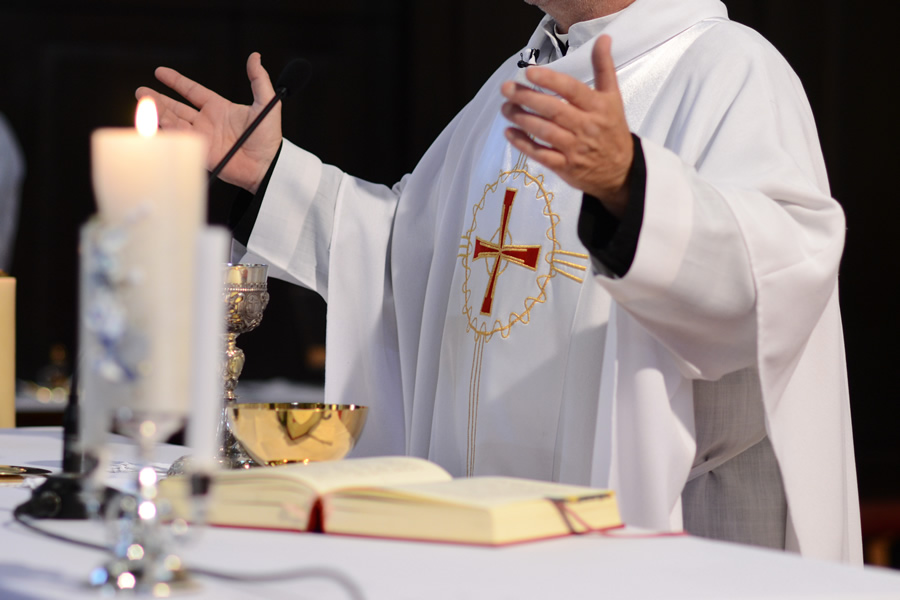
The Fruits of the Harvest
by Fr. Williams Abba | 10/05/2023 | Images of FaithIn today’s Gospel passage, Matthew borrows some ideas from Isaiah’s song, but alters the central imagery: Israel is no longer the vineyard itself, but tenant farmers working for their landlord. Features of the parable reflect the condition of life in rural Galilee: it was common for land to be owned by absentee landlords, who will collect their rent in-kind from the tenant farmers at harvest time. The lengthy absence of the landlord alongside the harsh economic climate of the country often led to difficulties between landlord and tenant, sometimes leading to assaults on the agents sent to collect the rent.
In the parable, the landlord plants a vineyard, leases it to tenants and entrusts them with the responsibility of caring for his estate and paying their dues. When harvest time comes, the landlord sends his servant to collect what is due him. When they are treated with brutality, the landlord sends a larger number, but they meet with the same fate. If desperate situations demands daring remedies, the landlord follows these two catastrophes by sending his son, hoping his tenants will respect him. The landlord’s hope is misplaced: his son is thrown out of the vineyard and killed.
Matthew clearly uses the parable, addressed to the chief priests and the elders, as the summary of salvation history. The landlord’s servants stand for the succession of prophets God sent to Israel, only to see them treated with disdain and violence. The son is clearly a figure of Jesus Himself, dragged out of Jerusalem to be murdered. Jesus is not just another of the prophets, but God’s own Son. The punishment of leasing the vineyard to other tenants clearly indicates Matthew’s thought that the kingdom of God will be granted to the Gentiles, who will be expected to deliver the harvest.
The chief priests and elders react with hostility to the parable, but they cannot yet lay hands on Jesus without endangering their own position. In wanting to lay hands on Jesus, the leaders underline the truth of the parable, and it will only be a matter of time before they create the opportunity to enact its conclusion.
The parable speaks to us about the patience of God: when His servants are killed, He sends more and more in the hope that people will turn from their sinful ways. Even when these are killed, He still hopes that his beloved Son will make people change their ways. Jesus is God’s last appeal, His final challenge. Depending on our response to Him, judgment is then made. If we are now the tenants, then we are subject to God’s expectations of us and subject to His judgment of us. God looks to us for the fruits of faith and love and obedience; He expects that we will deliver forgiveness and mercy and justice. Today’s parable has its own question addressed to each one of us: are these the fruits we produce?
Blessings and peace to all of you.
Fr. Williams
Thank you for speaking to God on my behalf. I feel your prayers. Expect a diary of my time in Nigeria in my next column.
BACK TO LIST BACK